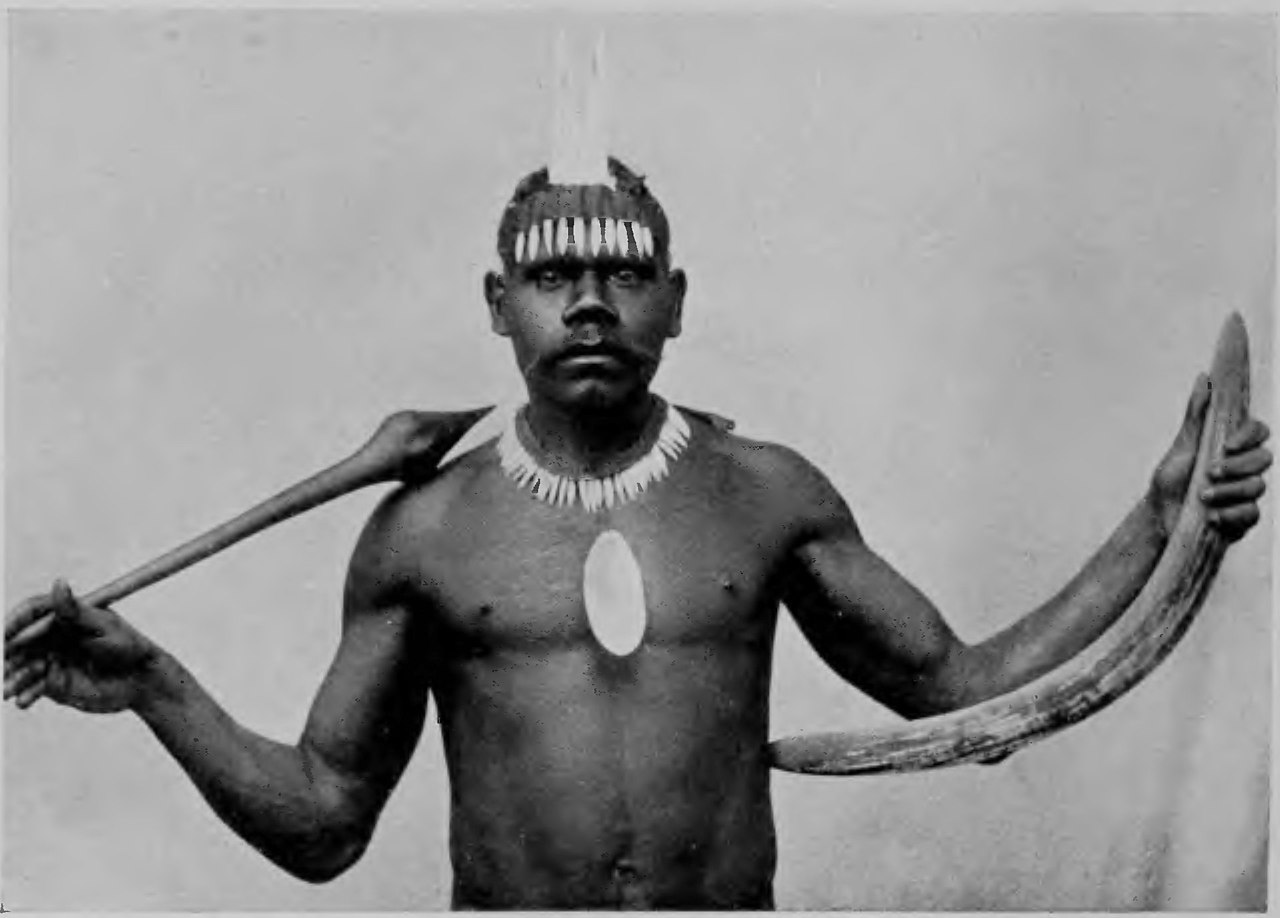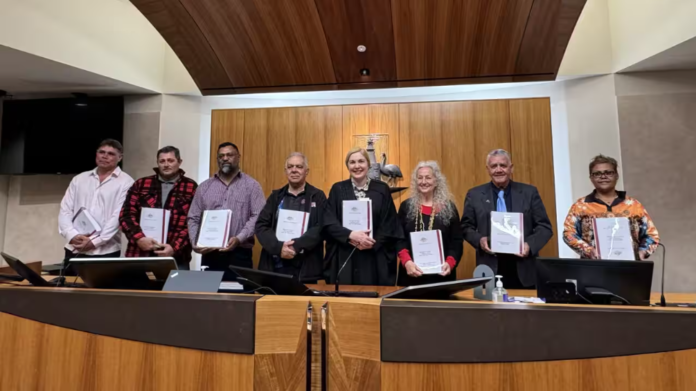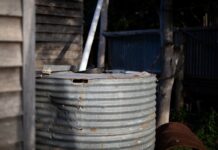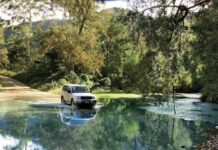The Gubbi Gubbi people, referred to as the Kabi Kabi people are the original custodians of an area including Queensland’s Sunshine Coast. The Gubbi Gubbi have endured extensive legal and bureaucratic challenges to gain Native Title recognition of their lands. They’re not the first, but the 365,345 hectares of Gubbi Gubbi land covers much of the booming Sunshine Coast property market. So what do Native Title Rights mean for homeowners?
The Facts About Native Title for Landholders
Despite what the right-wing media has suggested, Native Title Rights do not mean that the local tribe can come hunt your backyard chickens. Don’t believe the hype. Native Title Land Rights are in fact, basic. They’re a very small step that takes a huge effort on the part of the Traditional Custodians. Your land is your own. You can still go to the beach. You do not have to “pay rent”. Native Title does not supersede any laws applied to the land. It does not exempt the area from statewide laws (fire bans, crime etc). Native Title does not grant access or control over mineral deposits and is extremely limited in the rights it grants.
Native Title is not the same as a DOGIT or Aboriginal Land Rights
Land Rights refers to the legislative process for remedying lost lands for Aboriginal people. While Native Title comes under a “rights” umbrella, it’s not the same legislative process nor does it achieve the same results. There are a host of different levels of land allocations, including Aboriginal Land, Deeds of Government in Trust (DOGIT – semi-autonomous communities like Cherbourg, the site of the former Barambah Mission or Woorabinda near Mt Morgan). Land Rights largely concern Federal Land and consist of multiple legal processes.
Implications for the Market
This is the one thing nobody is talking about. Scaremongering has potential investors worried that there’ll be an influx of people camping in their local playground. What it means for investors is that public reserved land is less likely to be sold. It means that large areas of green space may never be developed. It means, less land available in the area, which inevitably drives up prices.
Classifications of Native Title in Queensland
Exclusive Use Native Title Rights
Exclusive Native Title grants the traditional owners the right to prevent others from entering the land. It’s not land ownership. It’s state government land that is only accessible by Native Title holders. This is quite rare but an example is the Minjerribah grant (North Stradbroke Island) to the Quandamooka Nation. While the Quandamooka claim covered 54,408 acres of land and sea, only 2,264 acres were granted “exclusive rights”. Learn more about land in The Redlands and the Islands off Brisbane.
Non-Exclusive Use Native Title Rights
The vast majority of Native Title Grants refer to non-exclusive use of land within the “proven” borders of the original Nation. The rights do not supersede existing laws of the land. The rights include:
- live and be present on the determination areas
- conduct traditional ceremonies
- take, use, share and exchange traditional natural resources
- conduct burial rites, teach about the physical and spiritual attributes of the area, and
- maintain places of importance and areas of significance.
Types of Land Affected
- vacant (or unallocated) Crown land
- parks and public reserves
- beaches
- some leases (including pastoral leases)
- land held by government agencies
- some land held for or by Aboriginal and Torres Strait Islander communities
- public waters (e.g. oceans, creeks, rivers, lakes, estuaries, seas)
- if the group can prove they have rights under their traditional laws and customs which give them a connection to the land or water
Ancient Blak History Is Long. Modern Blak History is Dark

Image Credits: NITV and Wikipedia
First there were 260+ nations with complex cultures. Each with diverse beliefs and languages, inconceivably long histories, disputes, alliances and complex trade and familial relationships. Settlers tore through territories, destroying land and removing tribes, imprisoning them with members of enemy tribes on land that they did not belong to. Not surprisingly, this left a legacy of a fragmented and often despondent population. The trauma of which has carried down generations. Despite this generational trauma, today’s First Nation representatives are fighting for rights, and winning. Native Title is a step in remedying the damage.
Blak Politics Can’t be Simplified
The First Nations Corporations have both divided and united tribes. They’ve inspired passion and reconciliation and division and distrust. Blak history is complex. Blak politics are complex. Imagine all white people were expected “just to get along”. The cultures of Northern Europe thrown together, Russia and the US – both majority white therefore both the same? With very little documented detail, and with the “victor” recording the history, there’s misinformation, lost information and a lot of frustration in researching tribal history and ancestry. This is not a simple process and there’s no one answer to any question. Every step in achieving Native Title, from proving your ancestry when your ancestors had no birth certificates, to achieving “identity” via recognition from your community . Every layer is complex. There’s a lot to overcome.
Don’t be a Bad Neighbour
To show respect to the Native Title Holders of the land on which you live you can:
- Learn a little about the original nation and where possible, connect with elders.
- Acknowledge the incredible resilience of First cultures.
- Acknowledge that you don’t understand the culture and reserve judgment on “Tribe Business”
- If you’re lucky to have a Bunya Tree or other ancient relic on your land, do not remove it without permission from owners. Bunya Nuts are a core part of Queensland’s ancient history, offering any “fallen nuts” to the local community would likely be gladly received.
- If you “find” an Aboriginal Artifact on your property, do not touch it, get in touch with the Native Title Holders for advice.
- Plant native gardens, repopulating the area with traditional foods and medicines.





